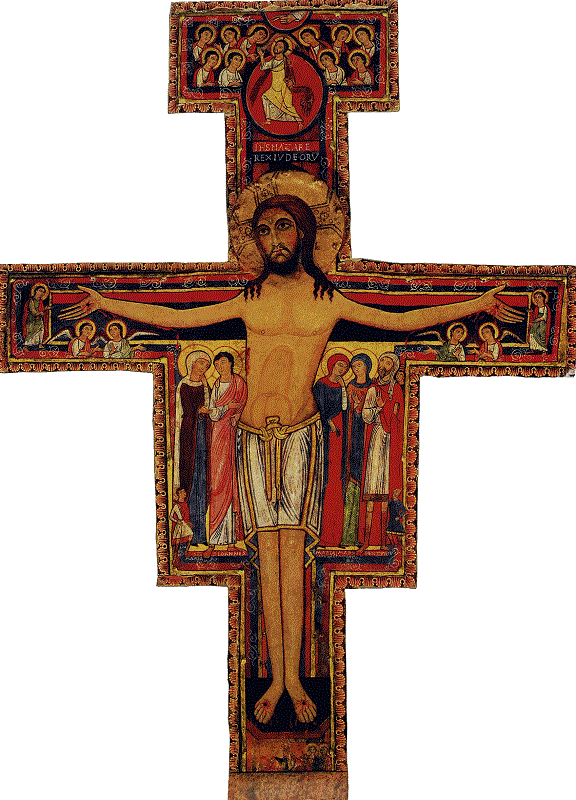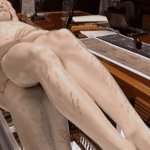 Social media outlets have been fielding accusations of suppressing Christian and conservative viewpoints for some time. Facebook found itself back in the spotlight of that debate just before Easter for its response to Franciscan University’s series of advertisements.
Social media outlets have been fielding accusations of suppressing Christian and conservative viewpoints for some time. Facebook found itself back in the spotlight of that debate just before Easter for its response to Franciscan University’s series of advertisements.
Franciscan University is a Catholic university in Steubenville, Ohio with approximately 2,500 students. Just before Easter, the university posted a series of ads to their Facebook page to promote some of their online theology programs. One of those ads was rejected due to the image it contained. The image was a picture of Christ being crucified on the San Damiano Cross. Facebook’s rejection notice described the image’s content as “shocking, sensational and excessively violent.”
To no one’s surprise, Franciscan University upbraided Facebook for banning the image of the Crucifixion. “This incident is alarming because of what it reveals about the kind of world that Christians are going to live in,” said Rod Dreher of the American Conservative. “Facebook is one of the most powerful media companies on the planet. If it decides that it will not approve Christian content because it finds that content violent, bigoted or what have you, then that will have a tremendous potential effect, not only on the ability of Christians to communicate, but (most importantly) on shaping the way the Christian faith is regarded widely in this post-Christian culture.”
In a clever move, Franciscan University took advantage of Facebook’s rejection to talk about Christianity and Easter rather than exploding in impotent anger. The university said that Facebook should not have rejected the image, but Franciscan University surprised many by agreeing with Facebook’s description of the image as “excessively violent.” “[The Crucifixion] was certainly excessively violent,” said Franciscan University. “A man scourged to within an inch of His life, nailed naked to a cross and left to die, all the hate of all the sin in the world pour out its wrath upon His humanity…This is sensational, this is shocking. [Our salvation] is only possible because of the excessive violence that He endured for us.”
Some people claim that the image was rejected by Facebook’s auto-content editor, but many are skeptical of that assertion. Despite this, many Christians have used social media to point out that Facebook’s rejection of the ad has actually given the ad a greater reach than it would have had on the university’s page.
Regardless of why the image was truly rejected, Franciscan University pointed out that the most remarkable part of the image was not its violence, but its true meaning. “It was not the nails that held Jesus to the cross: He was God, He could have descended from the Cross at any moment. No, it was love that kept Him there. Love for you and for me, that we might not be eternally condemned for our sins but might have life eternal with Him and His Father in heaven.” Dreher agreed and stated that “for the people who revere this symbol, they are looking at an image of death’s defeat, and of eternal life.” Facebook or Facebook’s auto-content editor may have forgotten that fact, but Christians all over the world remember it every day regardless of what images are blocked from use in online advertisements.


